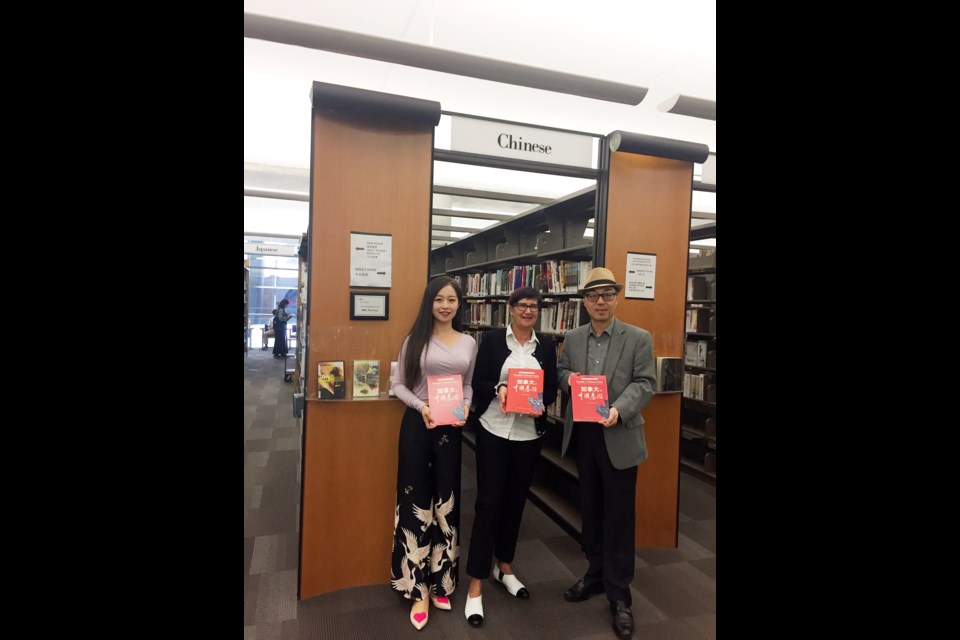The role the Chinese community has played in shaping the history of Canada over the past 150 years is detailed in a new book to be launched virtually on Saturday.
Canada's Chinese Gene: A sense of Belonging, Ownership and Contribution, which was recently released, showcases the contribution Chinese Canadians have made to the founding of this country.
"The book aims to send a message to the Chinese-speaking community that we aren't just guests of this country. We are also recognized as nation builders. Therefore, like our predecessors, we need to take more responsibility and contribute more to the place we live," said Kenny Zhang, the main author of the book.
Meanwhile, the book serves as a reminder for people who might forget our history and let them know that Chinese Canadian immigrants aren't foreigners or spies, as is sometimes the assumption given current tensions between Canada and China, noted Zhang.
The role Chinese people have played in Canadian history is referenced in the book title, the Chinese gene.
"If we take a closer look at how the country was built and developed, we see that the Chinese have participated in every aspect of this country, from literature to sports, film to music, business to philanthropy, and politics to civil rights. We witnessed and engaged with the founding of our country, and we should and will continue to give back more to our community," said Zhang.
The book was brought to life through collaboration between Zhang and Guo Ding, a TV producer for Omni Mandarin.
Canada's Chinese Gene was originally published in 2017 in Chinese to mark the 150th anniversary of Canada. The feedback Zhang received at that time was overwhelmingly positive, with readers in Canada and even the U.S. reaching out to them to suggest they consider publishing the book in different languages.
Inspired by readers' comments, Zhang and Ding spent another three years collecting more data and reports to publish the book in English.
But Zhang is less concerned the book becoming a best seller. Rather, he says, "I hope the book could serve as a bridge to address cultural challenges we face today.”

.jpg;w=120;h=80;mode=crop)

